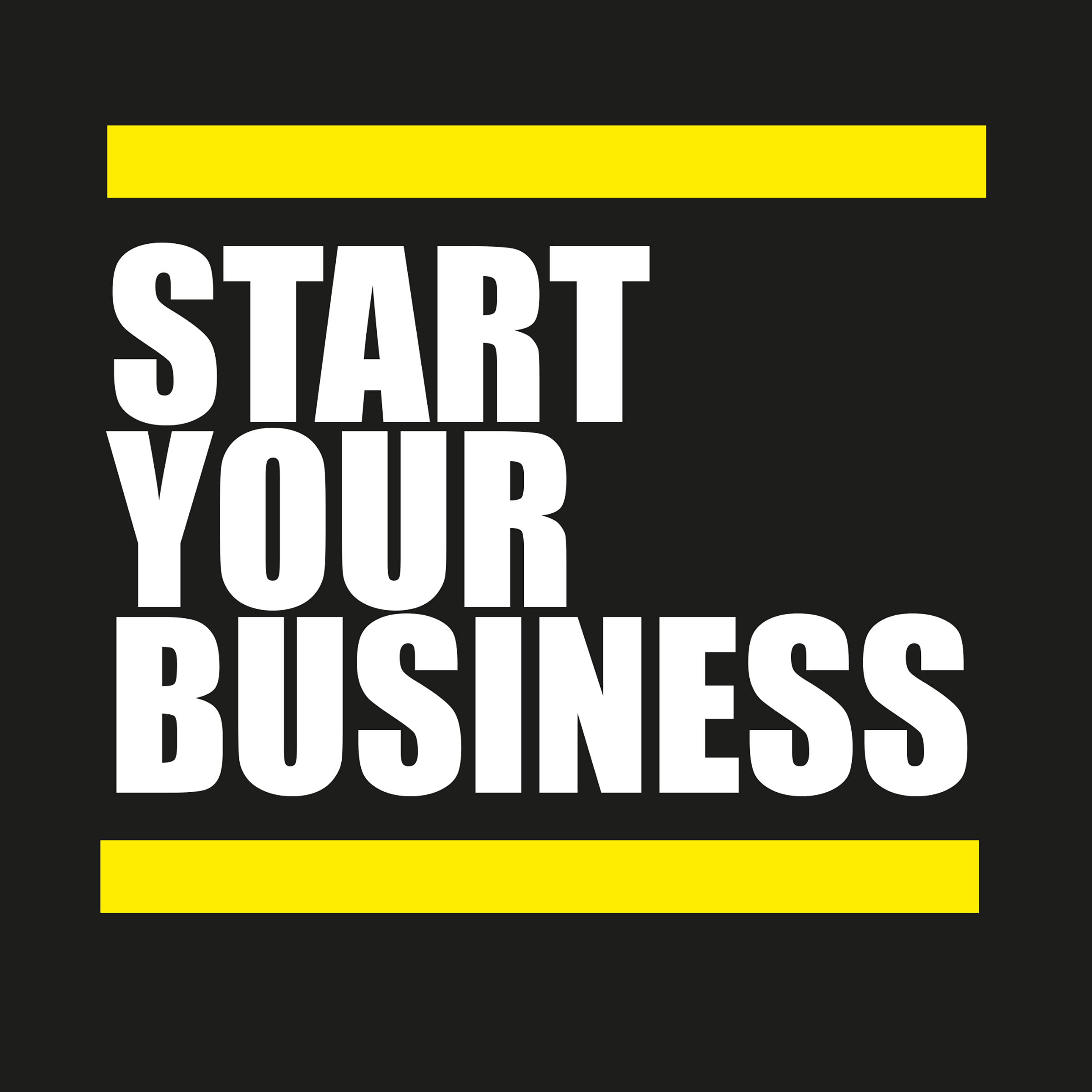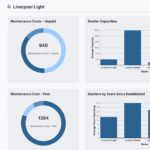WeDonate
WeDonate – a platform designed to encourage blood donation through community rewards to help counter national shortages. University of Chichester student Stephen King created the tool so that hospitals gain a more reliable supply of blood, donors are recognised and rewarded for their contributions, and local businesses benefit from increased custom.
You got the inspiration for your business after a close friend required a blood transfusion… Tell us more!
I had a family member rushed to hospital after losing a significant amount of blood and needing a major transfusion. The hospital ran out of their blood type and had to call in an emergency blood bike to deliver more. It was a terrifying moment—but what struck me most was how invisible yet vital blood donation is. That experience planted the seed for WeDonate: a platform built to celebrate donors and make blood donation impossible to ignore.
Your business provides rewards and incentives for those donating blood. How did this business model develop?
We celebrate everyday heroes—people who save lives so selflessly, often without recognition. The idea was simple: what if giving blood came with meaningful appreciation? We started partnering with big brands to offer exclusive discounts and experiences to verified donors. These brands help us spread awareness through their influence, while donors feel seen, valued, and rewarded.
How will you promote this initiative?
We’re promoting WeDonate through a mix of emotionally resonant storytelling, strategic brand partnerships, and high-performing digital channels. Our email and push campaigns consistently outperform industry benchmarks, and we’re now supported by leaders in out-of-home advertising, so you’ll see WeDonate on screens, in streets, and across social media.
Which social media platform do you consider the most effective at conveying your message?
Instagram allows us to combine emotional storytelling with bold, visual content—showcasing real donors, real impact, and real rewards. Our campaigns resonate especially well with younger audiences, and the platform’s format lets us celebrate generosity in a way that feels authentic, inspiring, and shareable.
What are the main challenges that you faced as a social enterprise?
One of the biggest challenges was balancing impact with commercial sustainability. We’re mission-led, but we still need to generate revenue to grow and serve our community. Being new, we also had to navigate legal complexities around partnerships, build trust with corporates, and educate stakeholders on why blood donation deserves national attention. Bootstrapping meant we had to be resourceful, resilient, and ready to pivot at every stage.
How did you get corporate sponsors to work with your business?
We led with purpose and proof. From day one, we focused on emotionally intelligent outreach—crafting bespoke messages that aligned our mission with each brand’s values. We showed them how supporting blood donors wasn’t just good PR but a meaningful way to engage their audience. We also structured our partnerships around clear value: exposure, performance, and exclusivity.
How do you see this social enterprise developing?
Our goal is to reach 1 million active users, with WeDonate becoming the go-to platform for donor engagement and ethical brand rewards. We’re expanding our brand partnerships, refining our tech, and exploring integrations. Long-term, we see potential for global expansion—anywhere blood is needed, donors deserve to be celebrated.
Which social entrepreneurs most inspire you?
Richard Branson has always inspired me. As someone who’s also dyslexic, I admire how he turned what many see as a challenge into a strength—thinking differently, taking bold risks, and building brands with purpose. His belief in people, creativity, and doing good while doing business really resonates with our mission at WeDonate.
What were some of the pitfalls that you encountered when launching your business?
Bootstrapping was one of the toughest parts. We started with no external funding, which meant every decision had to be lean, strategic, and often scrappy. It also made early brand conversations harder; without a big name or budget behind us, we had to prove our value through grit and results. But that constraint became a strength—it forced us to stay mission-led, build trust organically, and create a platform that truly resonates with donors and partners.
Lastly, were there enough resources available to you when starting up your social enterprise?
Not really—but that became part of the story. We started WeDonate completely bootstrapped, without access to major funding or infrastructure. That meant learning fast, wearing every hat, and building lean. While we did receive support from UnLtd and AXA later on, the early days were driven by grit, creativity, and belief in the mission.


